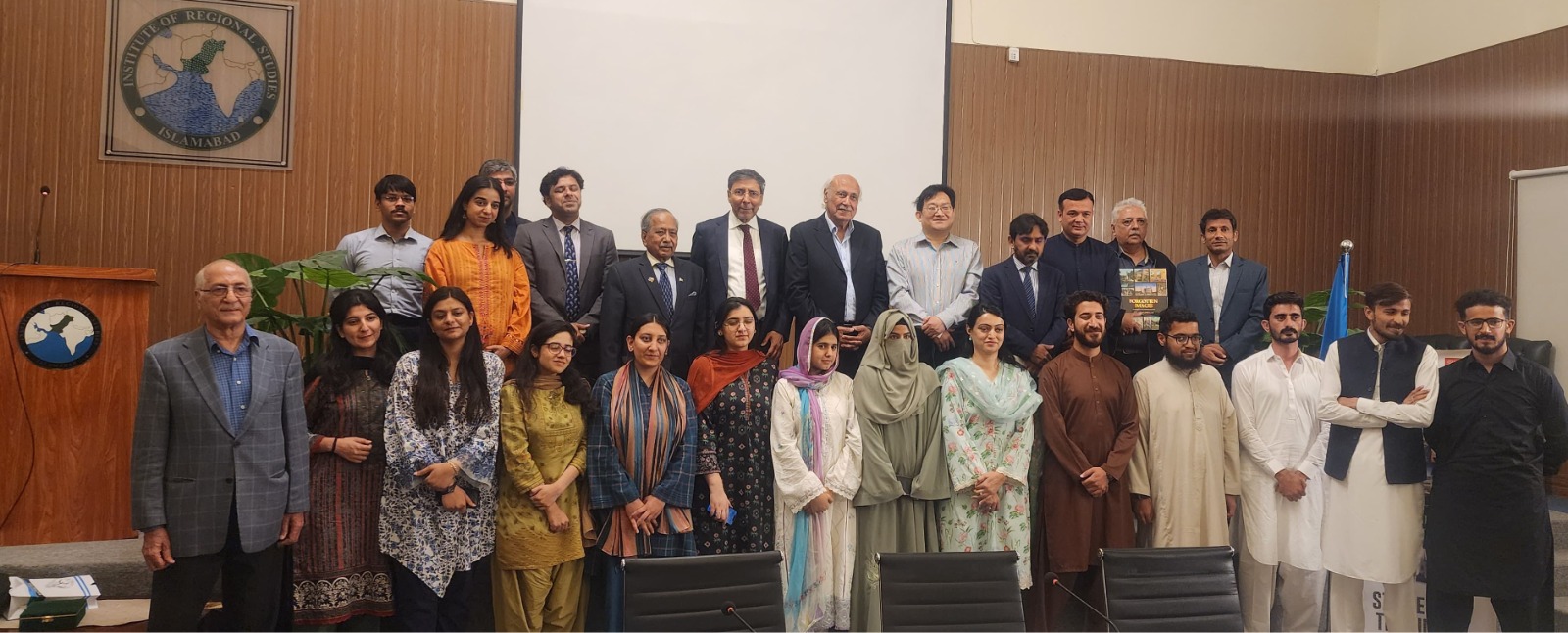ISLAMABAD ( WNAM REPORT ): Speaking at the Institute of Regional Studies (IRS), renowned historian and scholar Fakir Syed Aijazuddin, OBE, FCA, emphasized the historical significance of postcards as a popular medium of communication during the 19th and early 20th centuries. He noted that postcards allowed people to share their experiences, thoughts, and impressions in a way that was both personal and visually expressive.
Reflecting on his latest publication, ‘Forgotten Images: Postcards of Pre-Pakistan, 1890–1947,’ F. S Aijazuddin explained that these seemingly simple cards offer far more than brief messages—they serve as enduring historical records. “Postcards not only depict notable landmarks from cities across what is now Pakistan, but also reflect the cultural and social fabric of their times,” he said. “Through these images, the book reveals the transformation of cities, communities, and architectural heritage, while also capturing the everyday, sometimes extraordinary, lives of people during the pre-Partition era.”
He described the collection as a visual journey through time, highlighting the evolution of urban spaces through carefully curated postcards representing various regions and cities.
Also speaking at the event, Ambassador Jauhar Saleem, President of the IRS, underscored the importance of remaining connected to one’s history. He stressed that preserving and understanding national heritage is essential for shaping a more informed and cohesive future. “Instilling a love for reading, along with a spirit of scholarship and inquiry, is vital for nation-building,” he remarked.
The session concluded with a lively Q&A, where attendees praised Fakir Aijazuddin’s scholarly contributions and his efforts to preserve and promote Pakistan’s cultural and historical legacy.


